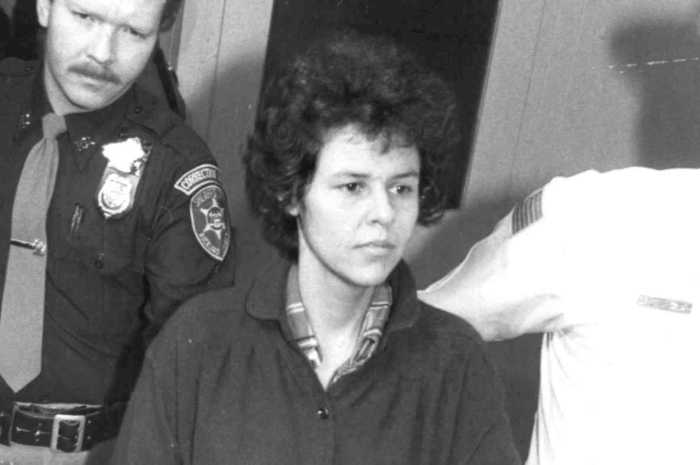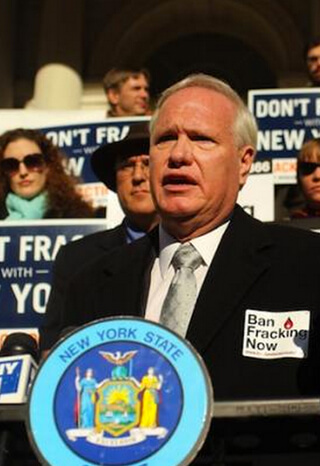For me, it was an easy decision.
Nearly 15 years ago, after my husband and I decided that we’d stop having children after our second was born, I still felt this nagging desire to bring more children into this world. I loved being pregnant and both of my pregnancies were easy and textbook. But since I thought the only way to be pregnant again was to have another child of my own, I tried to push it aside and move on, because at the time two children was the perfect fit for us.
But that desire to be pregnant again carried with me, and a chance meeting with a surrogate sparked that desire back into a hopeful existence.
So after months and months of research to educate myself on the process, legality, finances, procedures, and terms associated with becoming a gestational surrogate, I made the decision alongside my supportive husband. There are people all over the world facing infertility, and many more without the biological ability to do so, so having the opportunity to play a small part in such a large problem facing our society was never a question in my mind. I would do everything I could to help people create the families that so many of us dream of, but for whatever the circumstances, aren’t able to do so on their own.
I understood the commitment, I understood the process, I understood the risk — but my overwhelming desire to help someone in need by giving them life is a reward that tops it all. Somewhere out in the world another family or couple deserves to be just as happy as I am. A man or woman deserves to be called Mommy and Daddy, if they wish. They deserve to experience firsts. They deserve unconditional love.
It’s incomprehensible to me that a woman who wants to serve as a gestational surrogate and help a family bring a baby into the world, and who meets the rigorous screening process of a surrogacy agency to ensure suitability, would be prevented by state law from doing so. Whose interest is that serving? Certainly not that of prospective surrogates, nor of intended parents.
Throughout the entire process, I had full control over my body. I made decisions about my own body and my own health. I felt protected and secure. It was a partnership from day one. But I am lucky to live in a state that provides this level of protection. Laws vary state by state, and I am in full support of efforts to ensure that surrogacy is legal and provides a comprehensive set of protections for the surrogate, the intended parents, and the child. Had those not existed, it would have complicated my own decision.
The New York State Child-Parent Security Act (CPSA) in my view, and the view of many of my fellow surrogates that I have come to know, goes above and beyond in providing the necessary protections that create successful surrogacy partnerships. This legislation is grounded in the opinion of the 2017 New York State Task Force on Life and the Law, which declared that New Yorkers must “have the legally supported capacity to enter into compensated surrogacy arrangements in their home state with the most supportive legal protections that identify, secure, and protect the surrogate, the intended parents, and the child born through surrogacy.”
As such, protections provided by the CPSA include that the surrogate and intended parents sign a detailed contract spelling out all aspects of the arrangement between the two parties, including decisions regarding her health and that of the fetus or embryo she is carrying; and that each party be represented by their own legal counsels; among others.
While the protections offered through my journey were critically important to creating a successful and rewarding experience, so too were the families that I partnered with. Both of my families were gay couples from New York, but due to the laws in their home state, they were forced to seek a surrogate elsewhere. I know that had surrogacy been legal in New York at the time, it would have meant that I would never have been matched with them. But they are my brothers and a true extension of my own family, and love means wishing more for them. And I wish they had not been forced to experience their pregnancy from thousands of miles away. While I did all I could to try and mitigate that distance, there were inevitably things they missed and had to hear from me secondhand.
There is nothing like the joy of seeing a first-time parent hold their child for the first time — especially one who was told it would never be possible. My experience of having the tremendous opportunity to be a surrogate was a true gift for me and for the parents I partnered with. My sincere hope is that the Child-Parent Security Act will become law so that more New Yorkers are able to create healthy, lasting, successful relationships that bring children into loving homes.
Victoria Ashton is a two-time surrogate to New York families and mother of two children of her own, who resides in California.


































